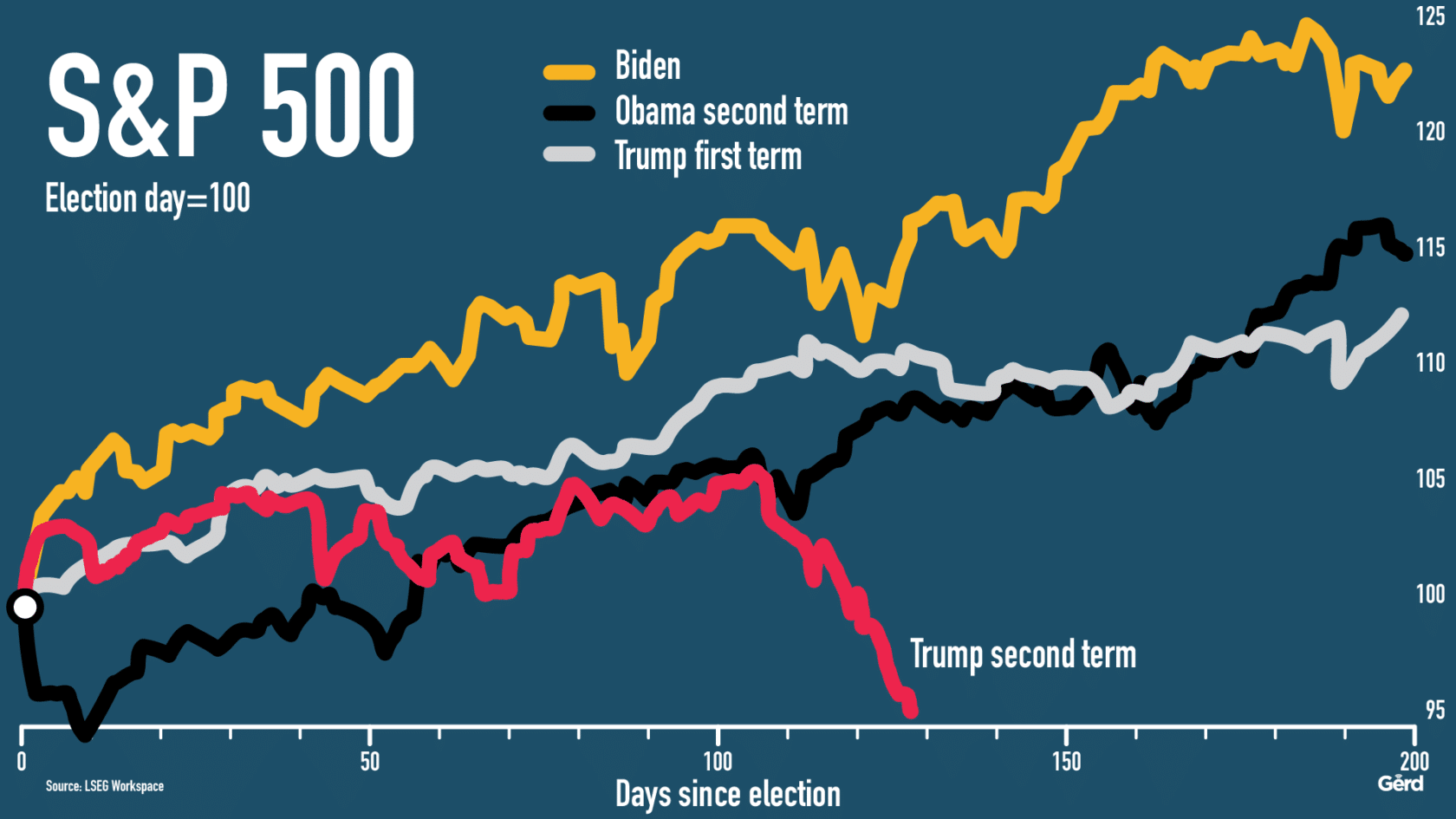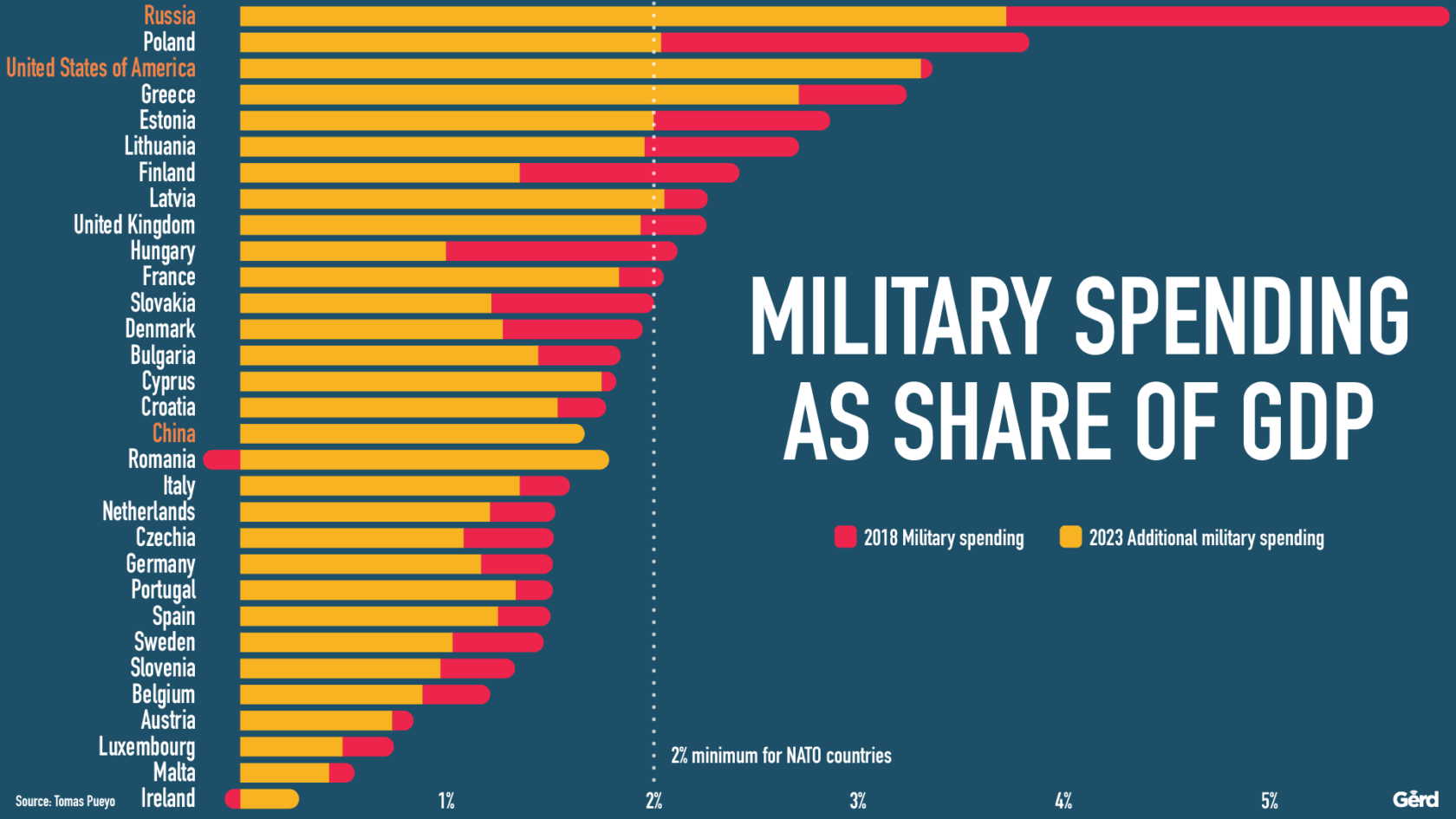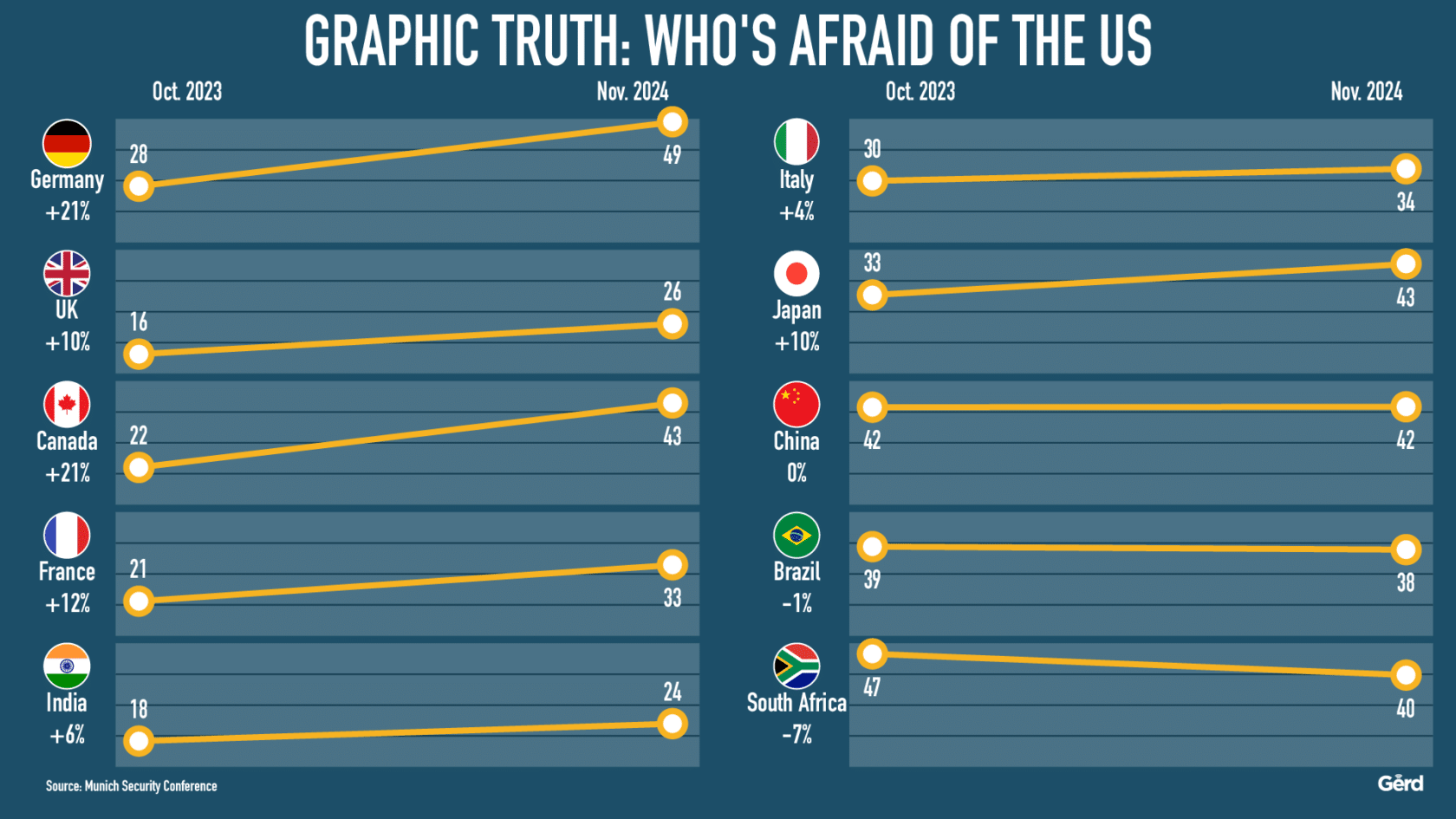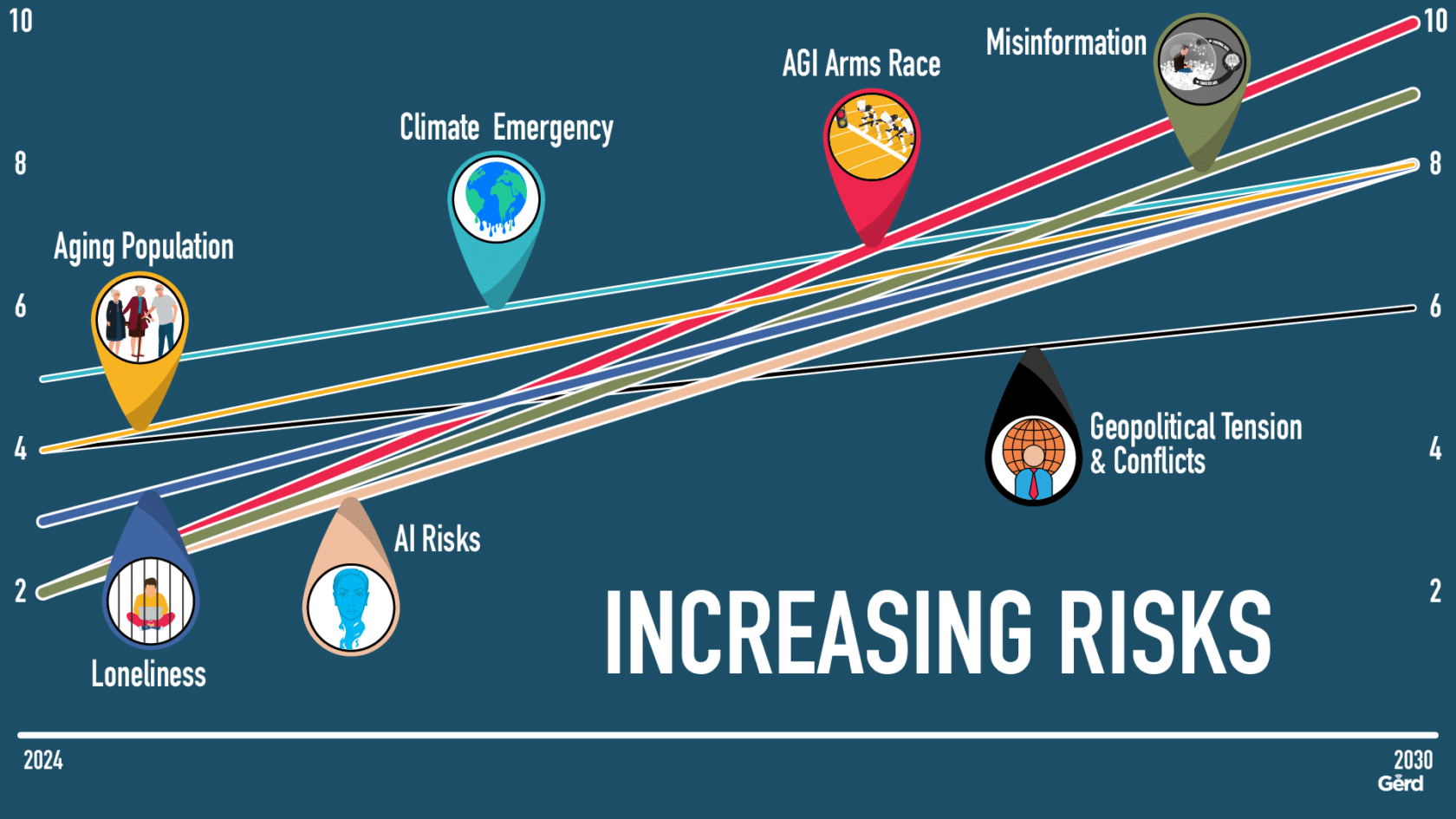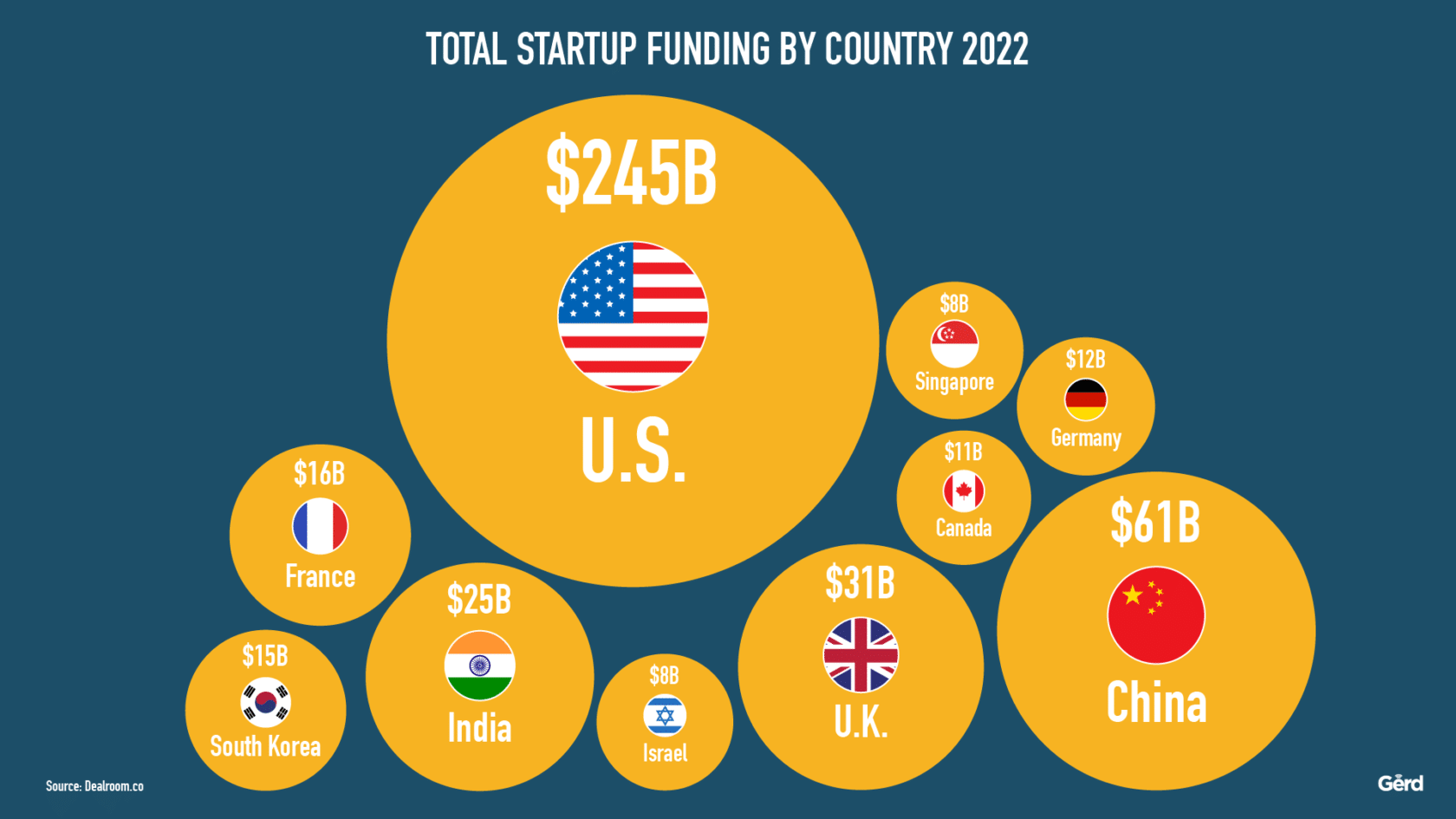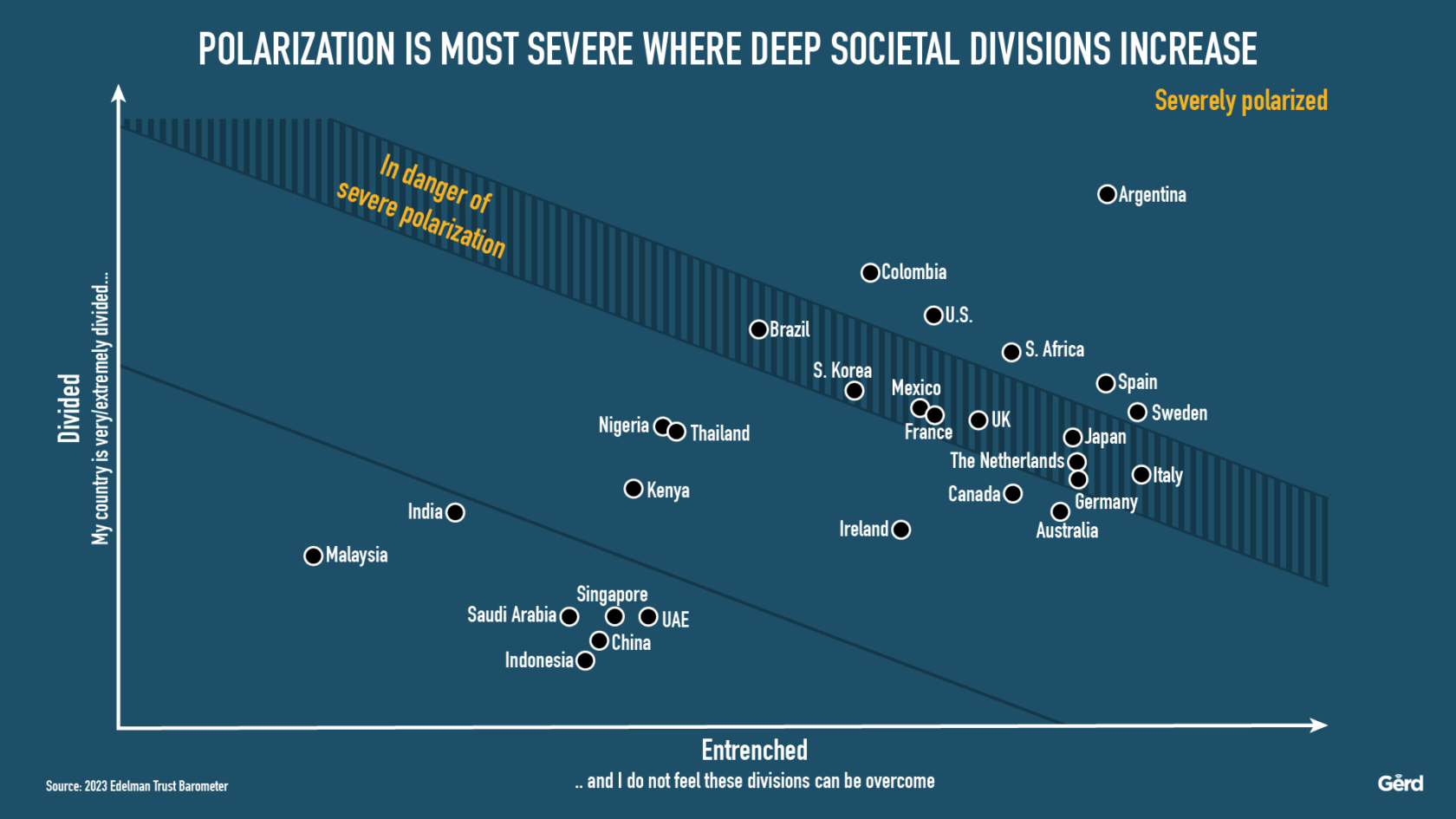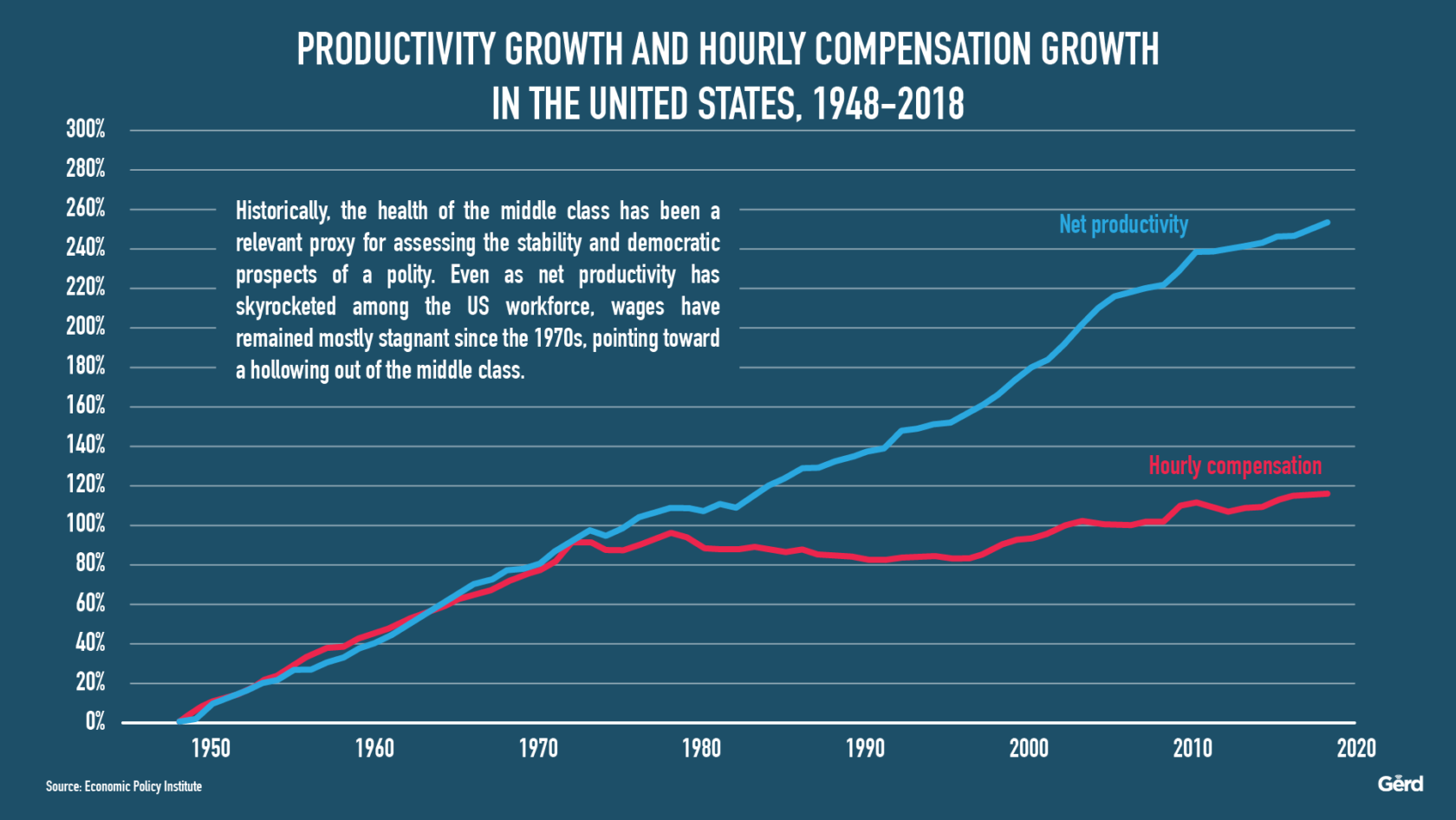Here's a great read via ForeignPolicy.com, summarized below by me, with the help of the fabulous GoogleNotebookLM engine (links were added by me)
The Age of American Unilateralism: How a Rogue Superpower Will Remake the Global Order
This analysis defines American unilateralism as a foreign policy trajectory where the United States acts aggressively and prioritises its own interests, being neither strictly internationalist nor isolationist. It is characterised by the US increasingly “going its own way”.
Unilateralism is any doctrine or agenda that supports one-sided action. Such action may be in disregard for other parties, or as an expression of a commitment toward a direction which other parties may find disagreeable (WIKIPEDIA)
Key characteristics include:
- Aggressive and self-interested approach: The US may become a potential “rogue superpower…increasingly out for itself”.
- Rejection of traditional foreign policy paths: This approach deviates from the traditional choices of either leading the liberal international order or withdrawing into a multipolar world.
- Actions indicative of unilateralism: raising tariffs, slashing foreign aid, snubbing allies, and proposing to seize foreign territory gives “sharp definition” to this meme
- Abandoning global rules: With its immense leverage due to its market size and military power, the US has the ability to alter or disregard existing international norms.
- Focus on “destruction from a distance”: The U.S. military maybe shifting towards striking enemies from US territory rather than relying on large overseas bases to protect allies.
- Emergence of a “fortress economy”: Alongside the military shift, the US economy is becoming more self-sufficient through automation, reshoring, and reduced reliance on the global economy.
Some related statistics below
The key drivers pushing the United States towards unilateralism:
- Formidable American power (see chart above): Despite past predictions of decline, the US retains significant economic and military strength, including a dominant consumer market, control over global financial transactions through the US dollar, and the unique ability to wage major wars far from its borders.
- Perceived failures and burdens of the liberal international order: The US maintains that it has protected allies who are now incapable of bearing major burdens. Now Europe is moving on by itself.
- Negative domestic consequences of globalisation: The loss of American industrial jobs and the concentration of economic gains in certain areas have (at least pre-Trump) fuelled a domestic backlash against liberal internationalism, leading to a demand for protectionism and border controls.
- Demographic change: The US is projected to have a growing prime-age workforce, unlike major Eurasian powers which are facing significant declines. This demographic advantage could increase US self-sufficiency. Simultaneously, demographic turmoil in the developing world can fuel migration and reinforce the instinct to “wall itself off”.
- Technological advancements: New technologies like drones, long-range missiles, AI / AGI and cyberweapons reduce the US need for foreign bases and labour, making a more unilateral “strike-from-a-distance” approach feasible and appealing. Automation and AI are also driving reshoring and decreasing reliance on foreign economies.
- Frustration with global leadership: The Trump administration is using a sledge-hammer approach to diplomacy. Europe is signing off.
PS: Make sure to watch Jeffrey Sachs' talks, interviews and presentations on this topic – he lays it out very astutely…
